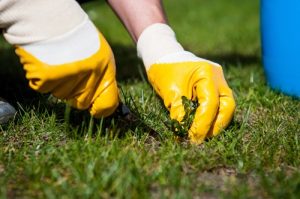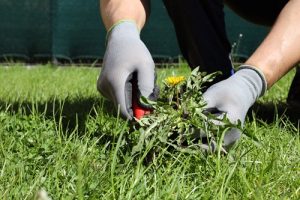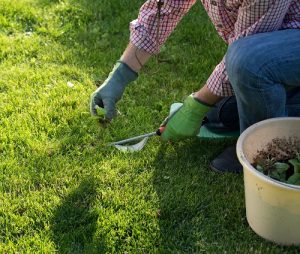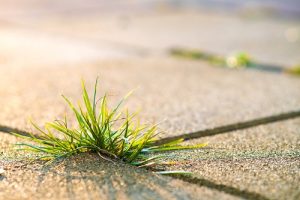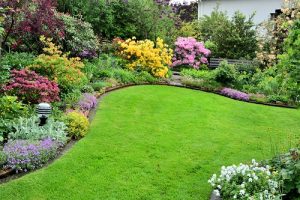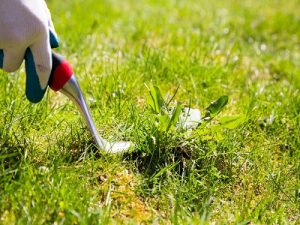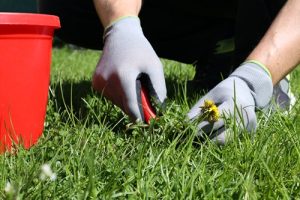 Whether you are an avid gardener or a homeowner, weeds can quickly become your yard’s worst enemy. Despite your best efforts, these persistent plants often find their way back, consuming time and resources that could be better spent elsewhere. Fortunately, we’ve compiled some effective summer weed control tips to help you keep your lawn pristine and weed-free this season.
Whether you are an avid gardener or a homeowner, weeds can quickly become your yard’s worst enemy. Despite your best efforts, these persistent plants often find their way back, consuming time and resources that could be better spent elsewhere. Fortunately, we’ve compiled some effective summer weed control tips to help you keep your lawn pristine and weed-free this season.
Weed Control Tips
Start Early: Pre-Emergent Herbicides
To begin with, getting a head start on weed control in Conway SC is crucial. Weeds are annual plants that disperse their seeds in the fall and then die. These seeds remain dormant in the soil until spring, when they germinate. By applying pre-emergent herbicides, you can prevent these seeds from germinating, effectively nipping the problem in the bud. However, it’s important to note that this method only works on seeds, not mature plants.

